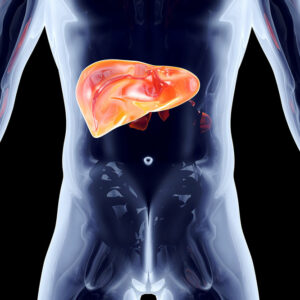
health
5 foods to avoid to reduce migraine headaches
Migraine headaches are physically and emotionally taxing. While a person can withstand a single migraine headache with resilience, frequent migrainous episodes can break even those with the strongest spirits. Often, the foods a person eats act as triggers causing such headaches. Therefore, migraine experiencers need to cut out certain foods from their daily meals to keep painful headaches at bay for longer. Here are the 5 foods to avoid for people with migraine: Coffee Caffeine is a major trigger of migraines. One may find it challenging to steer clear of caffeine, as it is found in several foods such as tea, coffee, and chocolate. Coffee contains massive amounts of caffeine. Therefore, one must avoid consuming excessive amounts of coffee during the day. Caffeine is not entirely bad for people living with migraines. However, such people need to consume coffee in moderation. Instead of coffee, one can consider consuming black or green tea, which contains relatively smaller amounts of caffeine. Teriyaki Fermented soy foods also rank highly on any list of foods to avoid for migraine experiencers. Teriyaki, like miso, soy sauce, or tempeh, is a fermented soy product. This means that teriyaki has large amounts of tyramine, which commonly triggers migraine headaches not long after consumption.












